“Every child deserves clean water and a healthy future,” declared Dr. Malik Mukhtar Ahmad Bharath, Federal Minister of State for the Ministry of National Health Services, Regulations & Coordination (MoNHSR&C), while inaugurating the First National Health Preparedness and Resilience Conference on Diarrheal Diseases.
Organized by the National Institute of Health (NIH), the two-day conference brings together senior representatives from federal and provincial health departments, leading development partners including the UK Health Security Agency (UKHSA), World Health Organization (WHO), DAI, and JHEPIGO, alongside national and international public health experts. The event aims to tackle the persistent burden of diarrheal diseases and to strengthen Pakistan’s health security and resilience against infectious disease threats.
In his keynote address, Minister Dr. Malik Mukhtar Ahmad reaffirmed the Government of Pakistan’s commitment to the International Health Regulations (IHR) framework, citing the recently concluded Joint External Evaluation (JEE 2023), which called for urgent strengthening of core health capacities under the National Action Plan for Health Security (2024–2028).
“Diarrheal diseases continue to be a leading cause of illness and death among children under five in Pakistan,” the Minister stated. “These are largely preventable conditions, yet their prevalence reflects the enduring gaps in access to clean drinking water, sanitation, and equitable healthcare services.”
Dr. Malik Mukhtar outlined key government priorities in addressing this health burden, including strengthening nationwide disease surveillance systems in coordination with provinces and development partners, Expanding Rotavirus and oral cholera vaccine coverage under the Expanded Programme on Immunization (EPI), Promoting WASH (Water, Sanitation, and Hygiene) practices at the household level and enhancing collaboration across health, education, and water sectors to tackle underlying drivers of diarrheal disease.
As Pakistan’s IHR focal point, the NIH was commended for its pivotal role in expanding laboratory networks, integrating surveillance systems, and building frontline public health capacity. The Minister also emphasized the need for increased domestic health financing and urged development partners to align their support with national strategic priorities.
Touching on global health concerns including COVID-19, Mpox, and the emerging Human Metapneumovirus (HMPV), Dr. Malik Mukhtar Ahmad Bharath stressed the importance of real-time surveillance, effective border health controls, and proactive community engagement to preempt future health crises.
“This conference is more than just dialogue, it is a renewed call to action,” he concluded. “Together, we must ensure that every child in Pakistan not only survives but thrives, with access to clean water, quality healthcare, and a healthier, more secure future.”
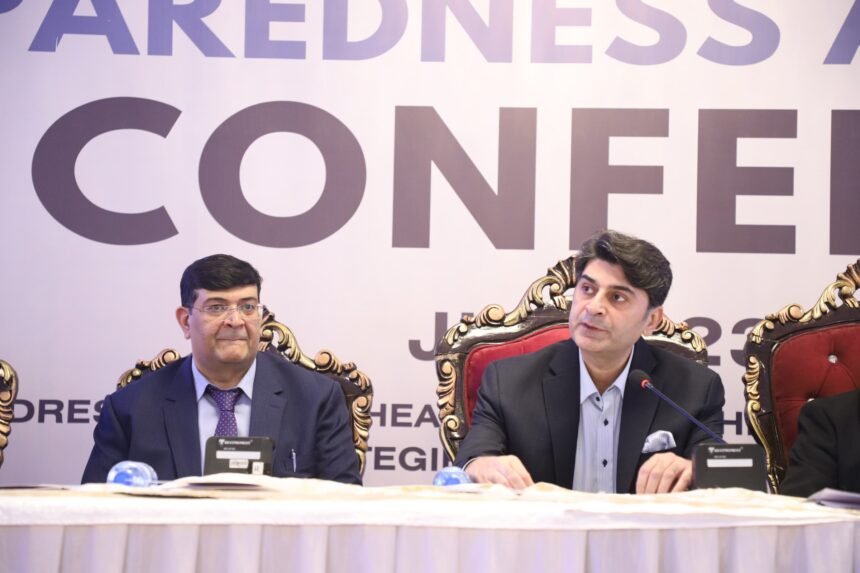

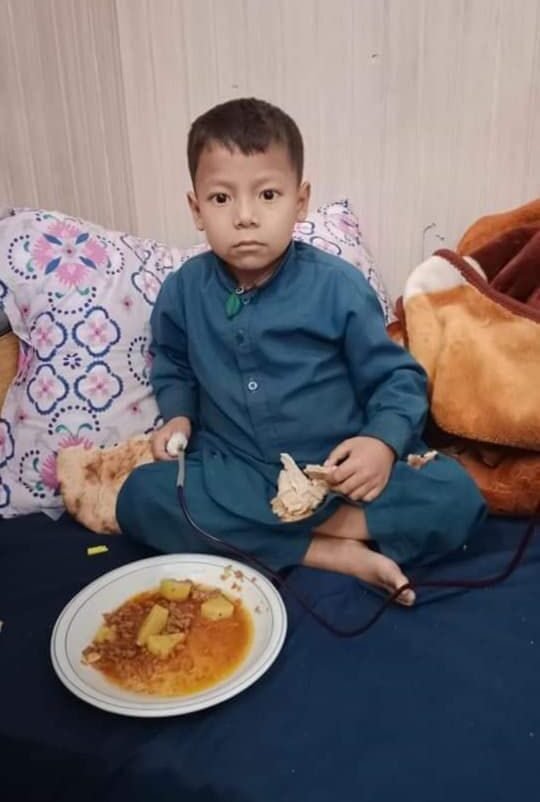
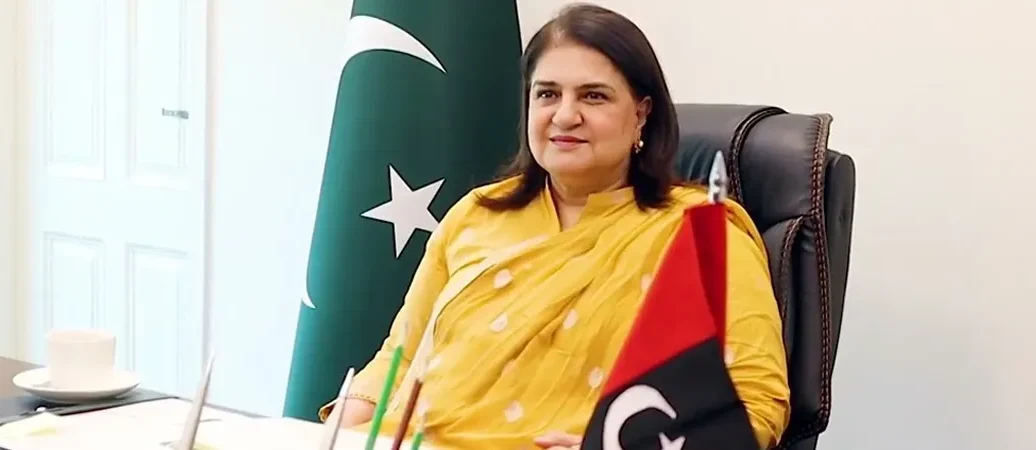
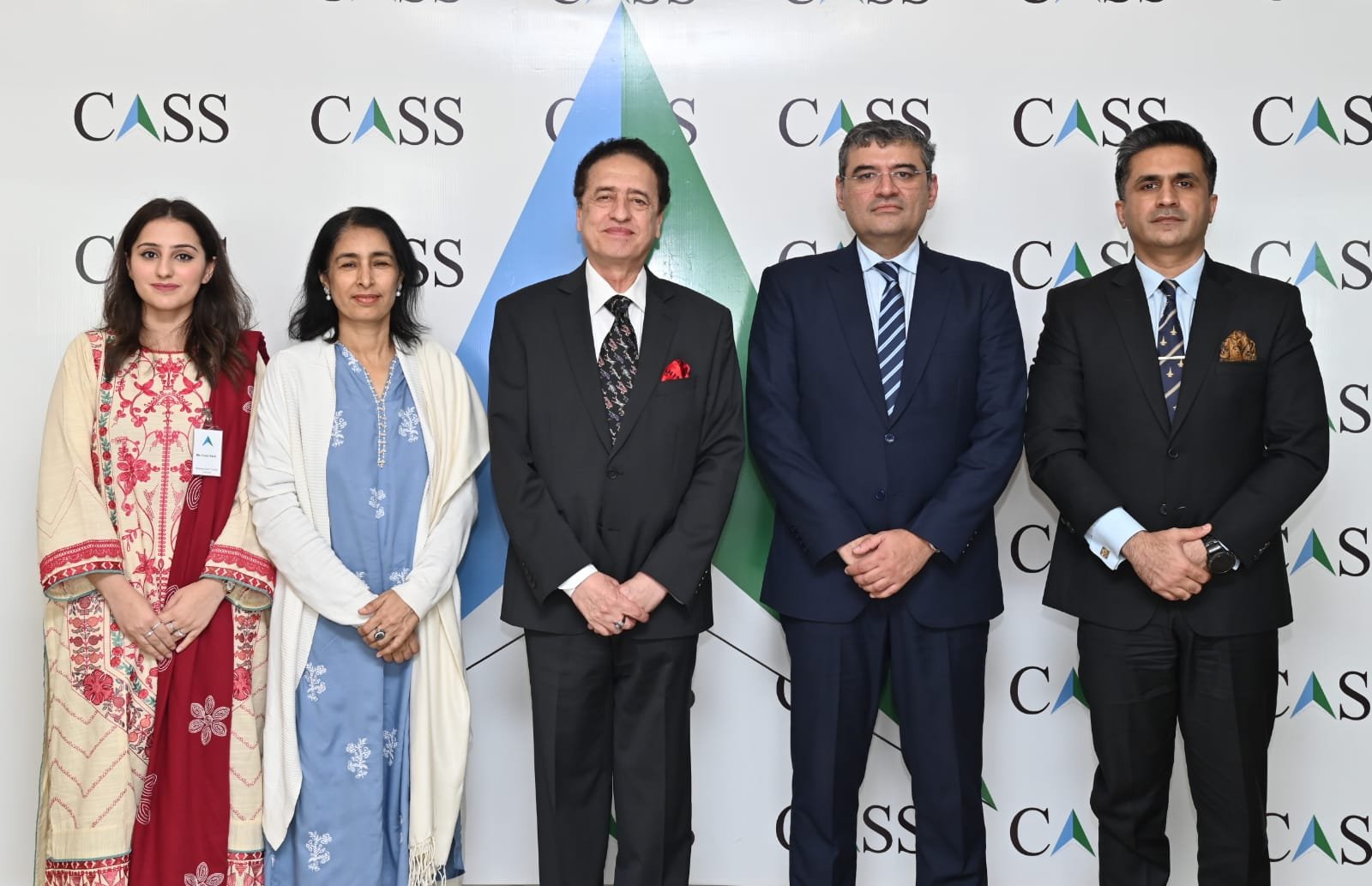

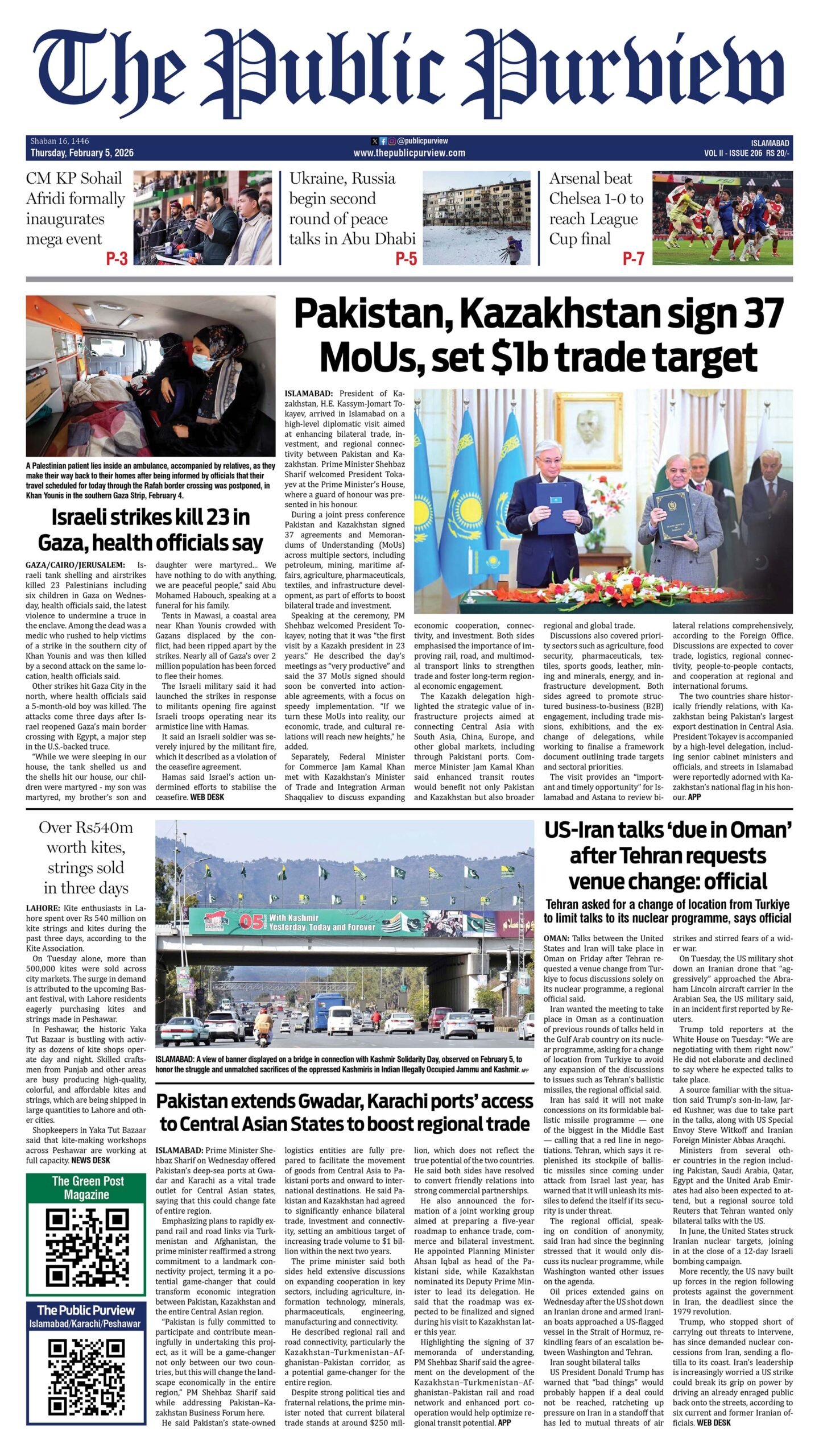 Today's E-Paper
Today's E-Paper